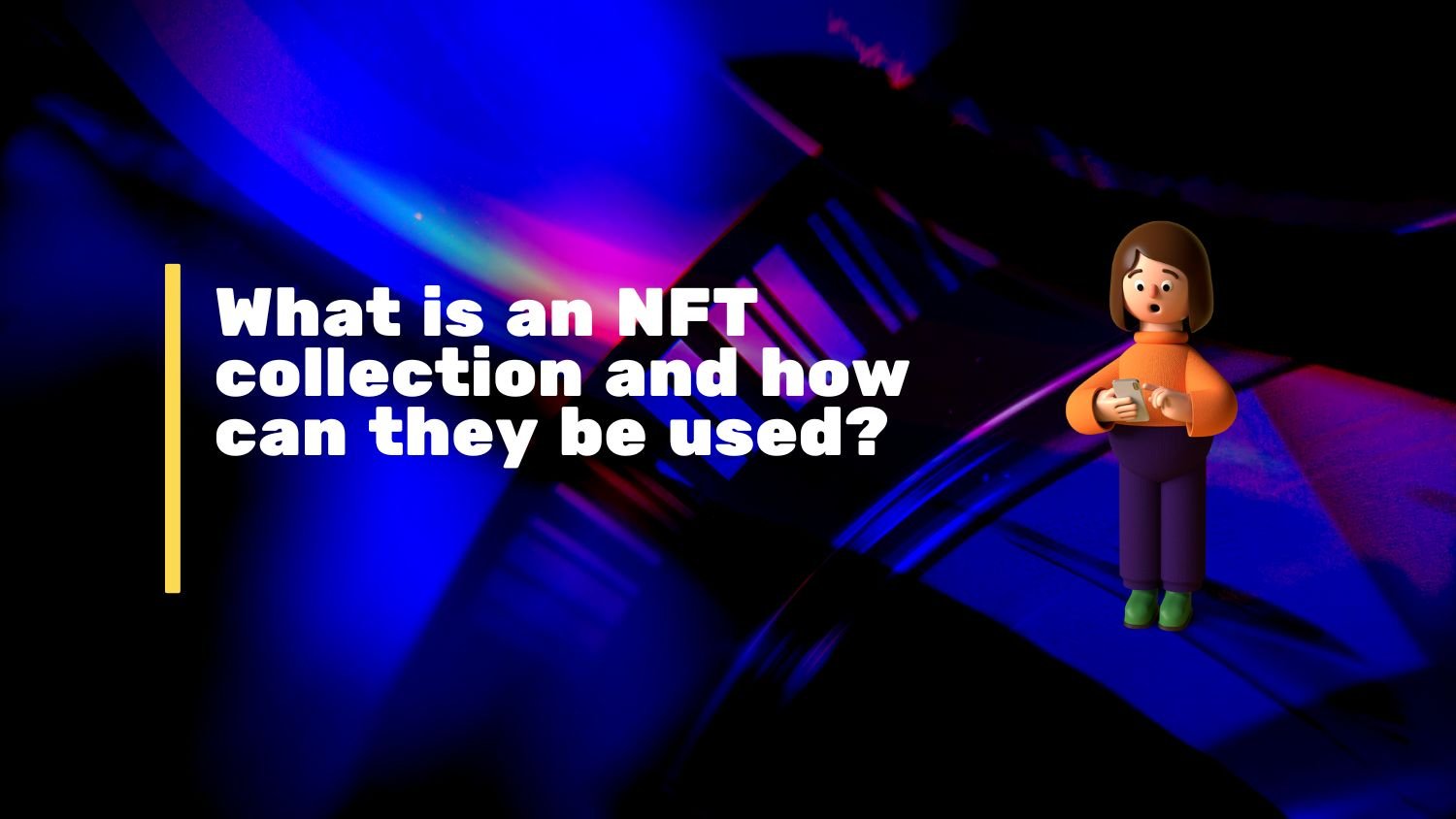Blockchain Technology in Today’s World
Blockchain technology has emerged as one of the most innovative developments of the 21st century, reshaping industries and redefining how we handle data and transactions. Built as a decentralized and distributed digital ledger, blockchain eliminates the need for intermediaries, ensuring transparency, security, and efficiency. While it gained recognition as the backbone of cryptocurrencies like Bitcoin, its potential extends far beyond digital currencies. Blockchain has become a transformative tool for sectors like finance, healthcare, supply chain, and more, providing solutions that enhance trust and streamline operations.
Enhanced Security and Data Integrity
One of the primary benefits of blockchain technology is its unparalleled security. Transactions on a blockchain are encrypted and linked to the previous transaction, making it nearly impossible for hackers to alter the data. This immutability ensures that information stored on the blockchain is tamper-proof, reducing the risk of fraud and unauthorized access. Blockchain also operates on a decentralized network, which means there is no central point of failure, adding an extra layer of protection against cyber threats. This level of security is particularly valuable for industries like finance and healthcare, where data integrity is critical.

Improved Transparency and Traceability
The open character of blockchain lets every network user see and validate transactions instantly. Particularly in sectors like supply chain management, this openness helps users to develop trust and lowers conflicts. Blockchain, for example, gives businesses end-to-end visibility and helps them monitor the path commodities travel from manufacture to delivery. This guarantees moral behavior as well as increases responsibility by means of product origin verification in sectors like food and fashion.
Cost Efficiency and Faster Transactions
Blockchain drastically lowers transaction costs and processing times by doing away with middlemen. Traditional systems can call for several layers of third-party authentication of transactions, which can be costly and time-consuming. Through direct peer-to-peer transactions and guaranteed speedier and less expensive transfers, blockchain simplifies this procedure. For cross-border transfers, in which conventional banking systems can impose high costs and delays, this is especially advantageous. Blockchain technology democratizes financial systems, thereby enabling individuals and companies all over to make transactions more easily available.

Decentralization and User Control
One defining quality of blockchain technology is decentralization. Blockchain shares data via a network of nodes, unlike centralized systems in which one authority controls data. Users’ increased ownership over their assets and data helps them to be empowered by this distributed character. Regarding cryptocurrencies, for instance, consumers can handle their money independent of banks or financial organizations. This autonomy builds confidence and lowers the possibility of centralized organizations manipulating or censoring anything.
The Future of Blockchain Technology
The benefits of blockchain technology are driving its adoption across various industries, and its future looks incredibly promising. Innovations like smart contracts, which automate agreements based on predefined conditions, are revolutionizing processes in finance, real estate, and legal sectors. Additionally, blockchain’s role in creating secure digital identities is helping address challenges in cybersecurity and privacy. As governments and businesses continue to explore its potential, blockchain is set to become a cornerstone of technological advancement, driving efficiency, transparency, and trust in global systems.





